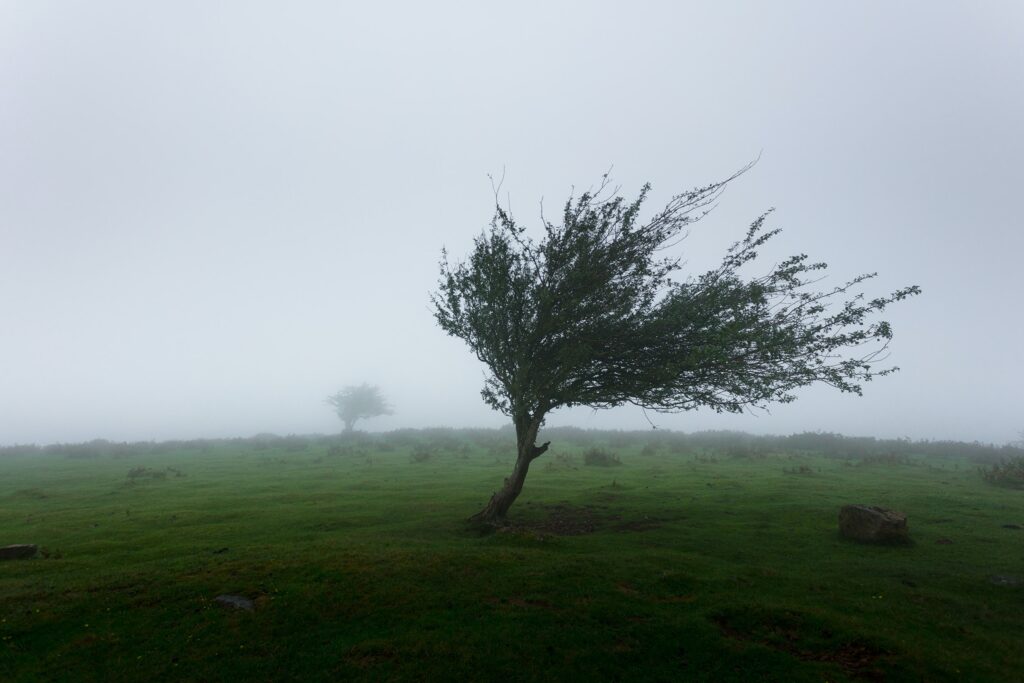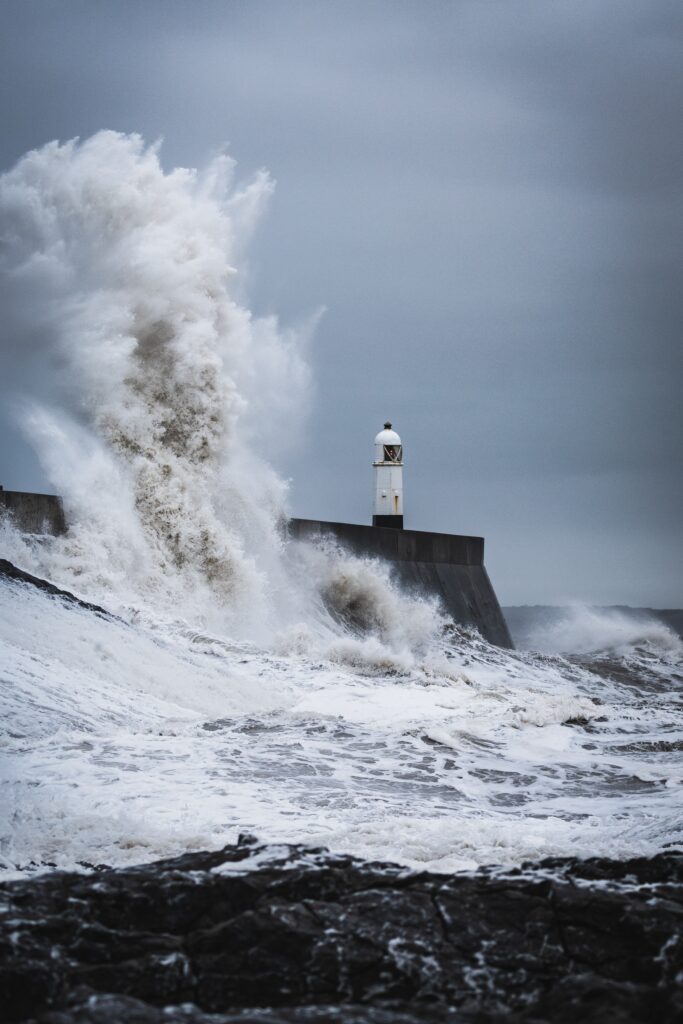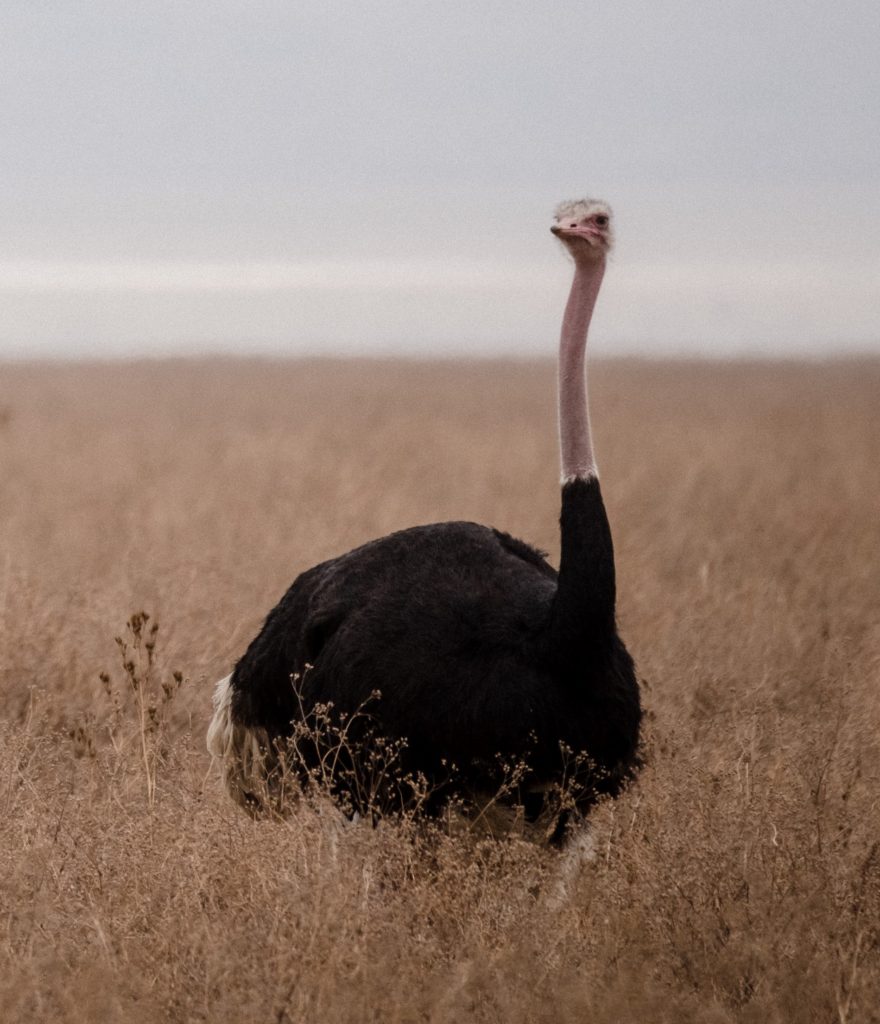One day, when it was especially dreich and the mizzling rain seemed unable to rouse itself to a full downpour or cease altogether, I was playing with Hermione in the garden and took shelter under the trees.
They were surprisingly efficient at keeping me (almost) dry and warm; protecting me from the indeterminate rain and very determined wind. And so I stood – tossing the ball and watching Hermione rush about and thought about trees.

Few things in the world can compete with them. They bring joy, shelter and nourishment in an abundance of forms and yet, they are seldom valued for their contribution any more than water – until they are scarce.
So this post is all about trees and how they console and uplift us.
Tree therapy
If you are ever feeling down, I suggest that you find a tree (a cluster if possible) and stand beneath it. You don’t need to go into full forest bathing mode or further than your garden – a large single tree will do. Because the very structure of trees with their overarching branches, solidity and quietness stills the busy mind and we feel embraced by a loving nature.
The science will tell you that it is because trees release phytoncides that boost mood, but I think it is more than that. No doubt, we started out as tree dwelling creatures and since we have always used wood in the making of our homes, trees are inextricably linked to our sense of safety.
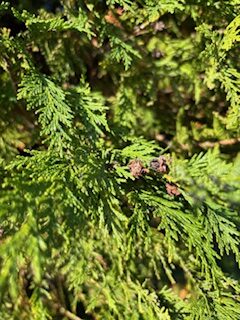
Image: Karen Costello-McFeat
Tree houses
Whilst trees can make us feel at home; they are, of course, a permanent residence to any number of creatures. Study the trunk of a tree and you might be surprised how much activity is taking place on, and under, that unmoving bark. Lichens expand like spilled paint; fungi enliven dying wood; ivy and tree roses entwine themselves. Birds evade the sparrow hawk among its branches and unknown numbers of insects live their secluded lives in cracks and crevices. A tree is a living metropolis.


At the puppy park, I often indulge in some tree companionship when other people are absent. Observing trees is a wonderful way to distract oneself from numb fingers and the tedium of endlessly tossing a ball. This afternoon’s study proved especially fruitful. Drawn to the large holly tree by the trilling carols emanating from its midst, I waited for my eyes to focus and establish where the sound was coming from. By far the noisiest contributors were a flock of tiny coal tits who could only be spotted when they moved from one branch to another.
What else was there, I wondered? Well, quite a lot. While waiting patiently, I came upon a very plump pigeon, some beautiful goldfinches and a friendly robin who came to sing me his little tune. A tiny squirrel soon showed off his aerobatic tricks, flinging himself from a neighbouring tree onto this one.
The tree’s gifts were not merely visual. The wind’s soft soughing was soothingly soporific and the damp scent of the undergrowth redolent of childhood.
In such circumstances, it would be difficult to be anything but serene.
No matter the season
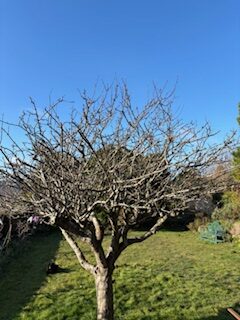
Image: Karen Costello-McFeat
And trees offer up so much, regardless of the time of year. Even in the midst of winter, when they are as bare and pale and seemingly devoid of interest as a wet January afternoon, they are worth our attention. Leafless, we see their stark beauty and raw power. Few things are more photogenic than the silhouette of a tree at dusk or sunset.
Though they weather the most inclement of conditions, they seldom die. Instead, they stand as a model of resilience that we would all do well to emulate. Further, they contain a message of hope. ‘I may not be in leaf now,’ they seem to say, ‘but look how intricate and strong I am. Be patient, find your own strength and spring will soon be here.’
Nature’s calendar
Whilst I rely on my diary and calendar for daily tasks, it is to the trees that I look for news of the coming season. In winter, I search for the first buds to unfurl; in spring the bright green to dull to khaki as warmer days take hold. Autumn, obviously, speaks for itself.
And what better way to illustrate the seasons than through painting trees? Below are four postcards of famous artists’ impressions and who is to say which manifestation is more beautiful?

My own art work has focused on trees recently and heightened my observation and appreciation of these magnificent ‘vegetable beings’ . (William Boyd)
A hymn to trees
So let today be a hymn to trees, for gratitude moves us to mindfulness, which moves us to peace. Our search for consolation is only steps away from our door and given freely. We should remember to thank the trees, and if you feel the urge – give one a hug.


